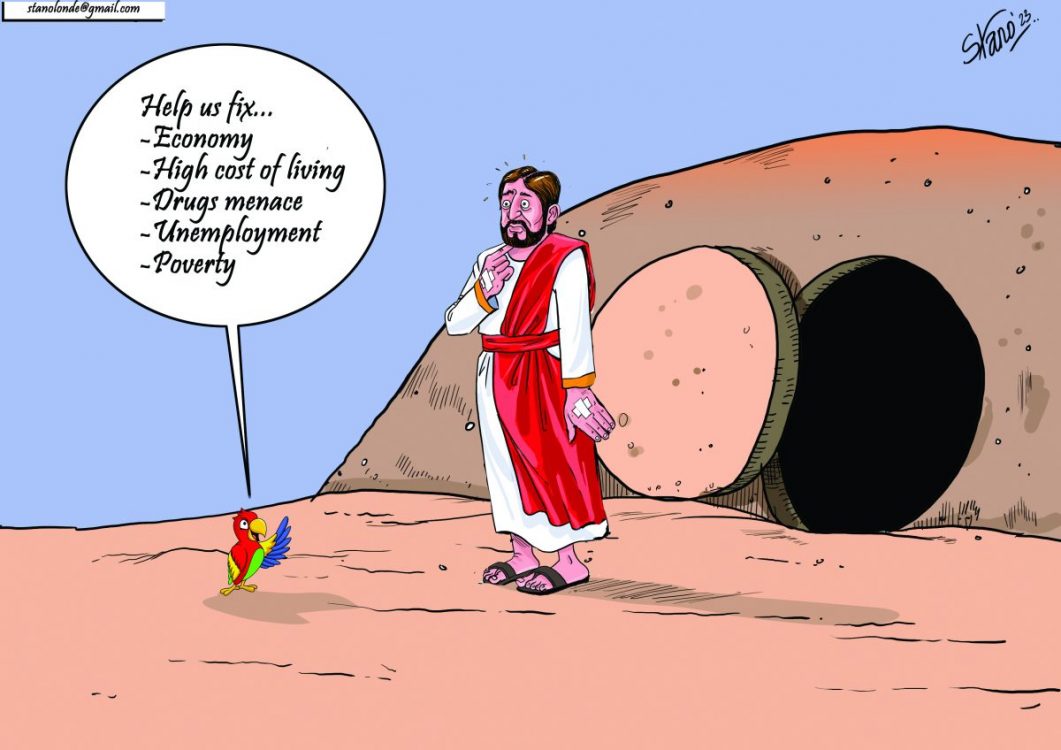The gritty politics of ugali return with vengeance
By Alberto.Leny, April 11, 2023Ever since that day 30 years ago when the late veteran opposition politician Martin Shikuku admitted eating ugali at State House, this staple food remains the main dish at the table of Kenyan politics.
On Wednesday 20 May 1992 Shikuku, who had been cast as a staunch opposition leader and rebel together with then Shinyalu MP, the late Japheth Shamalla, went to State House to meet then president Daniel arap Moi.
Both were then allied to the late opposition leader Kenneth Matiba’s Ford Asili party and their visit caused a national uproar because Shikuku, for long referred to as the “People’s Watchman” was seen as a traitor to the opposition and his long-held popular cause.
In defence, responding to the brouhaha caused by his visit at the apex of Moi’s totalitarian Kanu one-party rule, Shikuku sought to assuage the fears of the people and those branding him a Kanu mole by going public about the State House jaunt.
Shikuku said he had always met Moi, asking what was wrong with him inviting him to State to eat ugali. However, Moi the self-proclaimed of politics, had scored a vital goal against the opposition.
Shikuku’s visit just seven months to the return to multiparty election created deep suspicions within an already divided opposition, one led by Matiba and the other Ford-Kenya led by the late Jaramogi Oginga Odinga, the father of Azimio La Umoja leader Raila Odinga.
A divided and weakened Opposition saw Moi coast to victory in the 1992 election. A similar scenario to the Shikuku ugali State House saga appears to be unfolding over the most critical national issue in Kenya today – the politics of ugali.
The mass protests called by Raila and his Azimio coalition, revolve around the prohibitive cost of living, particularly the high price of unga (maize flour), the main ingredient in ugali, thus appealing to the wide spectrum of Kenyan society across the political divide.
It is this realisation and the politically and economically destructive nature of the protests that probably led President William Ruto to accede to the mounting calls for national dialogue from not only the opposition, but also the clergy, civil society and the public.
Ruto’s concession to bi-partisan talks in Parliament between his Kenya Kwanza administration and Azimio talks has given the opposition a gilt-edged opportunity to advance a popular political cause, but it has also paved the way for demands for all-inclusive national dialogue.
There is a growing perception that the presidency has “captured” Parliament through defection tactics perfected during the Moi era and that State House could now be the prime source for the distribution of power and national resources.
A view given credence in Cabinet, tenuous CAS and public service appointments where loyalists from two ethnic communities that voted for Kenya Kwanza were rewarded with virtually 60 percent of the appointments in a nation with 42+ communities.
The 2010 Constitution established a two-tier national and county governments to prevent the re-emergence of an imperial presidency as witnessed in the 40-year Kanu rule, and also to control the distribution of national resources to the grassroots.
Combined with the fact that the devolution is now under threat for lack of timely allocation of constitutionally guaranteed budgets from the National Treasury, it would perhaps be appropriate for all the people of Kenya to engage in an honest national Constitution dialogue.
— The writer comments on political and constitutional affairs – albertoleny@gmail.com
More Articles

